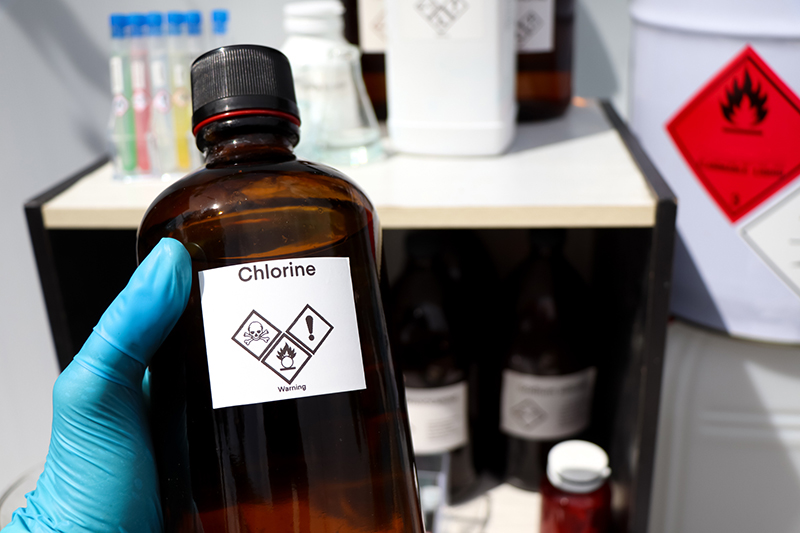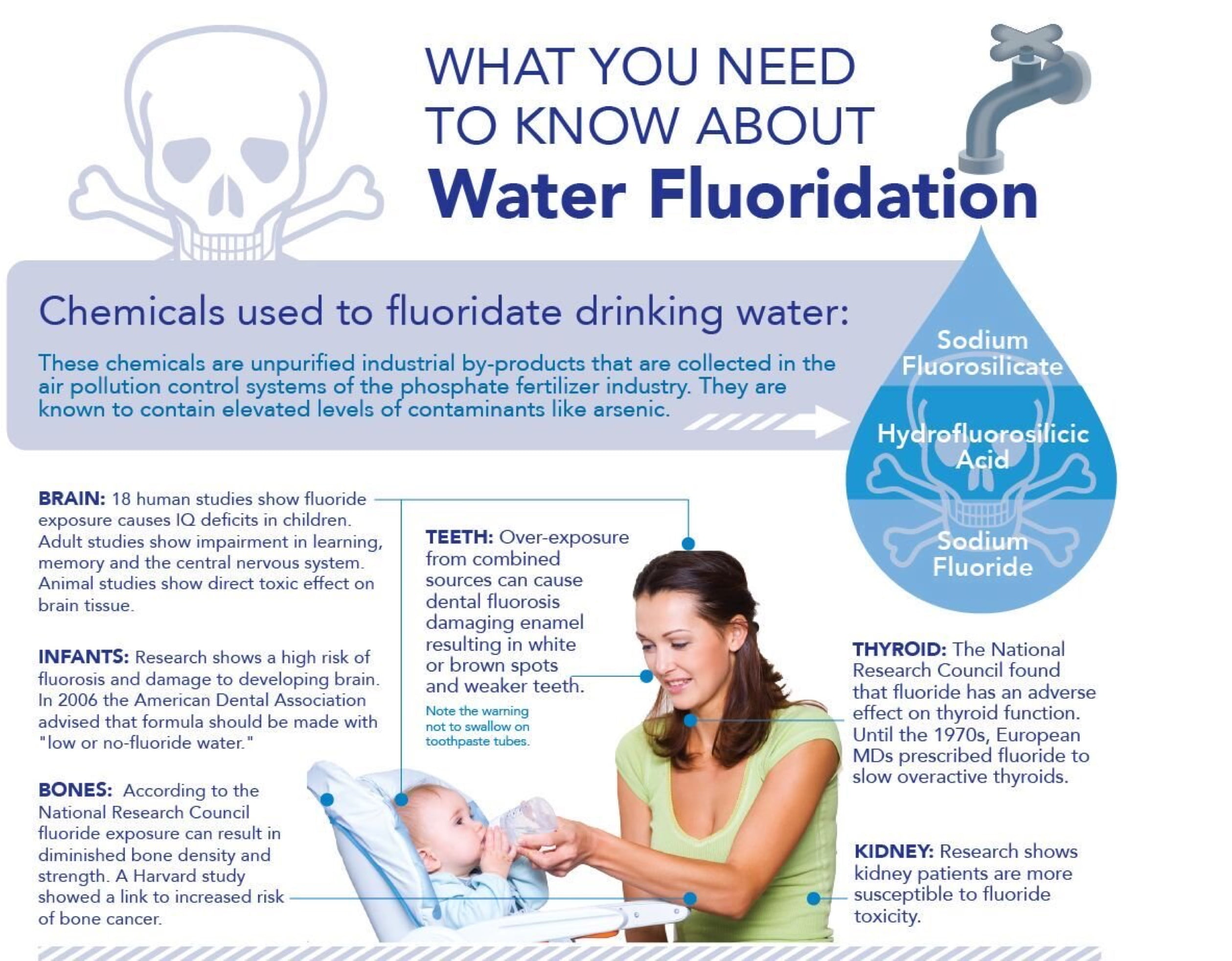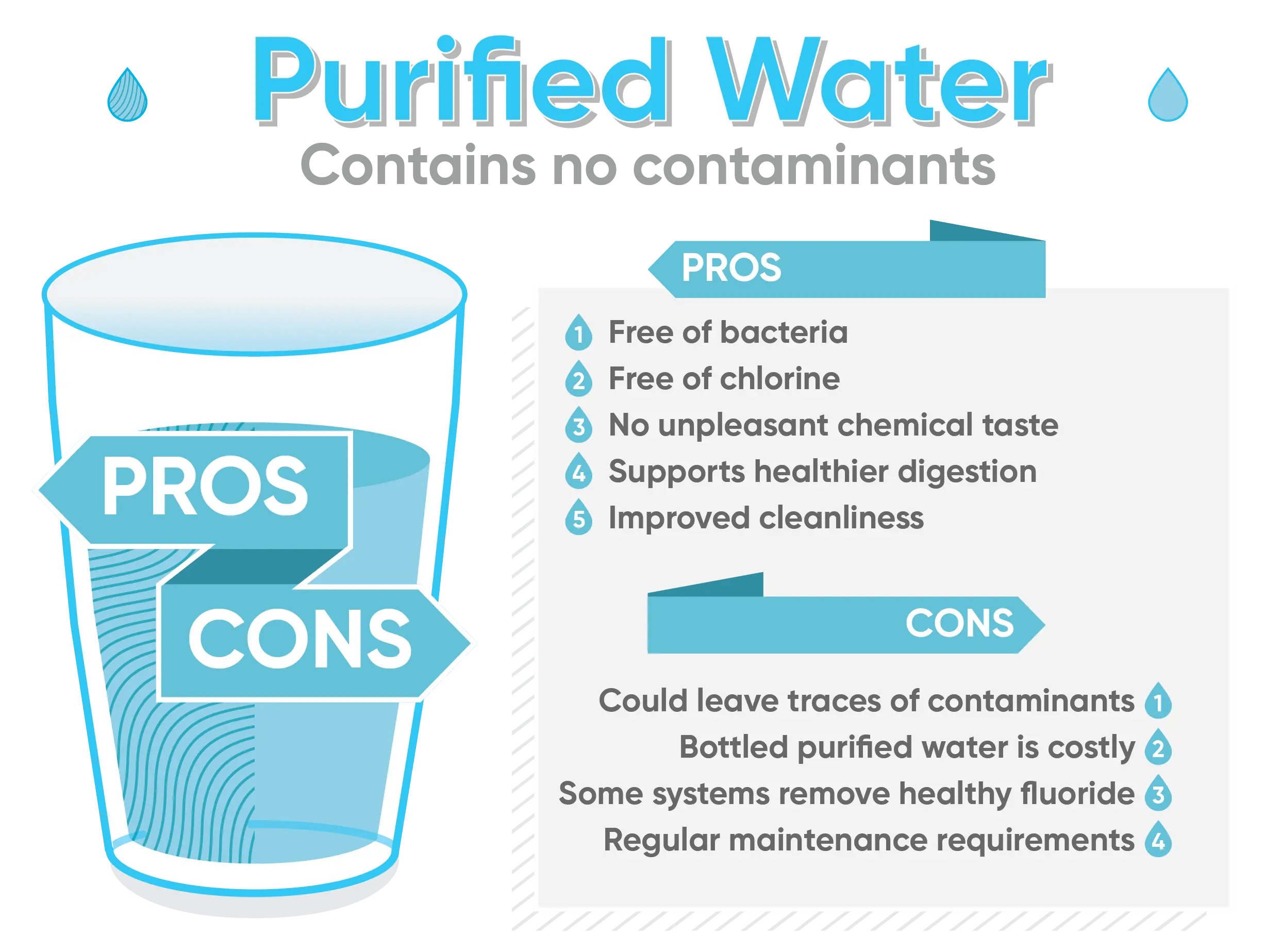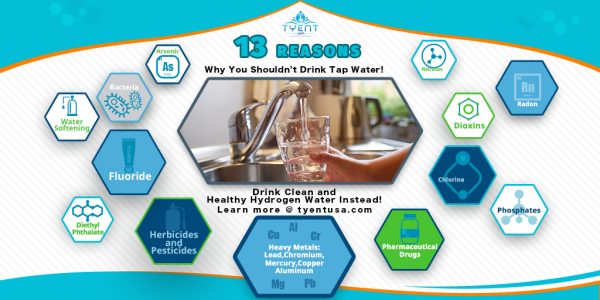Is Tap Water Bad for You? The Clouded World of Chlorine and Fluoride
Two common additives, chlorine and fluoride, have found themselves in the spotlight, with claims ranging from taste alteration to potential health risks.
Two common additives, chlorine and fluoride, have found themselves in the spotlight, with claims ranging from taste alteration to potential health risks.

For generations, reaching for a glass of cool tap water has been a symbol of simple refreshment.
But in recent years, whispers of concern have begun to ripple through the public consciousness.
Is tap water, once considered a reliable source of hydration, actually bad for our health?
Two common additives, chlorine and fluoride, have found themselves in the spotlight, with claims ranging from taste alteration to potential health risks.
Let's dive into the murky waters of this debate, examining the latest evidence on both sides to answer the question: is tap water truly a friend or foe?

Chlorine has long been the guardian of public water supplies, eliminating harmful bacteria and viruses.
This life-saving role is undeniable, as evidenced by the drastic decrease in waterborne diseases since its widespread adoption.
However, concerns arise when considering the byproducts formed during chlorination, notably trihalomethanes (THMs) and haloacetic acids (HAAs).
Several studies have linked elevated levels of these byproducts to an increased risk of bladder cancer, reproductive problems, and even heart disease.
A 2022 study published in Environmental Science & Technology found a positive association between exposure to THMs and HAAs in drinking water and an increased risk of bladder cancer, particularly in women.
Similarly, a 2021 study in Environmental Health Perspectives linked exposure to these byproducts to adverse pregnancy outcomes, including low birth weight and gestational diabetes.
While the evidence linking chlorine byproducts to specific health risks is growing, it's important to note that these risks are often dose-dependent.
In other words, the likelihood of adverse effects increases with higher levels of exposure.
Fortunately, public water systems in developed countries are subject to strict regulations regarding THM and HAA levels, significantly minimizing potential health concerns.

Another common addition to tap water is fluoride, hailed for its role in preventing tooth decay.
Studies have consistently shown that fluoridated water reduces cavities in children and adults alike. However, as with chlorine, concerns lurk around potential downsides.
Elevated fluoride intake has been linked to dental fluorosis, a condition that causes white spots or streaks on teeth. While typically mild and not posing a health risk, severe cases can affect aesthetics.
More concerning, though, are potential neurological effects of high fluoride exposure, particularly in infants and young children.
A 2020 study published in Nature Communications linked prenatal exposure to high levels of fluoride with altered cognitive function in children.
However, similar to chlorine, the key lies in dosage.
The optimal level of fluoride in drinking water for preventing cavities while minimizing risks is a delicate balance.
In North America, public water systems are regulated to maintain fluoride levels within this safe range, which minimizes the likelihood of potential adverse effects.

While chlorine and fluoride remain the primary focus of debate, other factors can influence tap water quality.
Aging infrastructure, lead pipes, and agricultural runoff can all contribute to contamination.
Therefore, it's essential to be aware of local water reports and potential issues specific to your region.
For those seeking additional peace of mind, home filtration options can offer some degree of protection.
Carbon filters can reduce THMs and HAAs, while reverse osmosis filters can remove a wider range of contaminants, including fluoride.
However, it's important to remember that filtration systems require maintenance and may not address all potential concerns.

Is tap water inherently bad for you? The answer, as with most things in life, is not a simple yes or no.
While potential concerns regarding chlorine byproducts and fluoride exist, it's crucial to consider these within the context of their proven benefits and regulated dosages.
Public water systems in developed countries generally adhere to strict safety standards, providing a reliable source of hydration for the majority of the population.
Ultimately, the decision of whether or not to drink tap water is a personal one.
For those with lingering concerns, seeking local water reports, exploring filtration options, and consulting with a healthcare professional can provide valuable insights and peace of mind.
Regardless of your choice, staying informed and maintaining awareness of local water quality empowers you to make informed decisions about your health and hydration.
Remember:
This information is for educational purposes only and should not be construed as medical advice. Always consult with your healthcare professional for personalized recommendations.
Tap water quality can vary based on location and infrastructure. Be aware of local water reports and potential issues specific to your region.
There are pros and cons to both chlorination and fluoridation. Weigh the benefits and risks based on your individual needs and preferences.
Several home filtration options exist, but may not address all potential concerns. Research and choose a system that meets your specific needs.
Your cart is currently empty.
Start Shopping